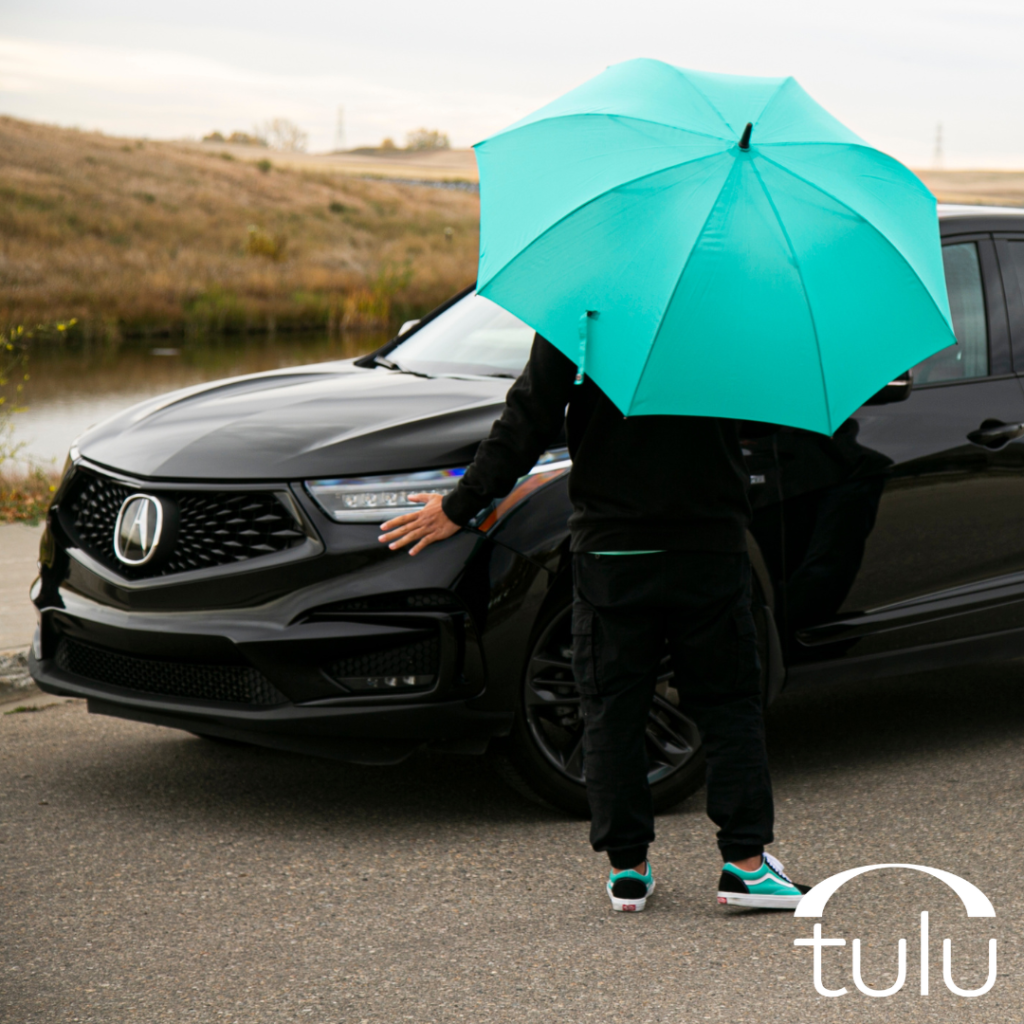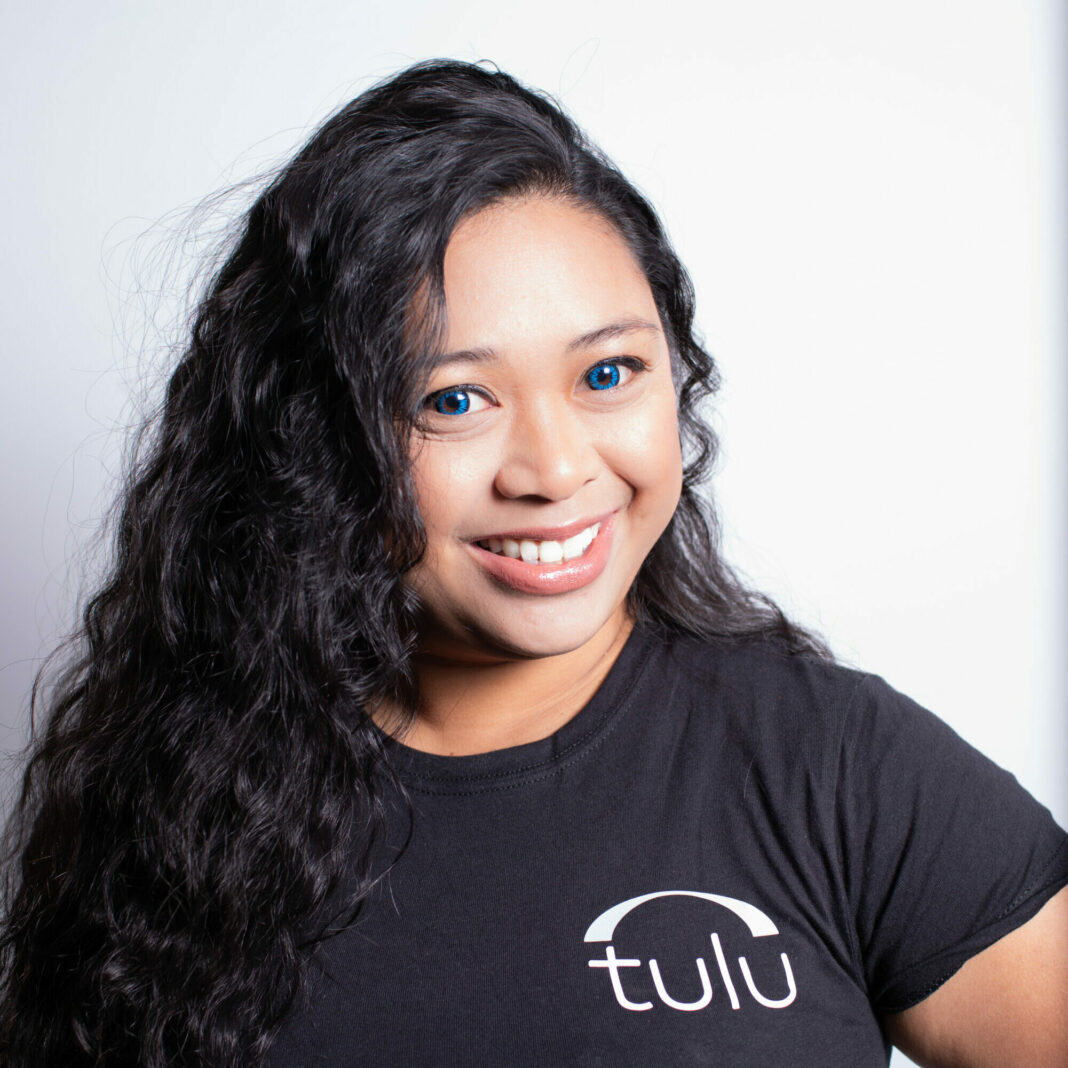For the second greatest investment people make in their lives, there aren’t as many helpful insights and entry points of analysis on how to purchase the right vehicle.
Dealerships have traditionally stood at the forefront of car sales, but the reputation of the salespeople, endowed with their tailored suits and perfect teeth, rack up the reputation of being aggressively “salesy”, instead of helpful to potential buyers.
Besides, there are significantly more challenges when it comes to diligence when one is buying a used vehicle, as opposed to a new one. It’s common for people to bring in a knowledgeable friend to help them assess both the state and the quality of the vehicle they’re looking to purchase.
“To help” translates to “Tu-lu” in the Filipino language. The concept of Tulu arose from an experienced salesman named Donny Toledo, who varied his time between different dealerships. One day, Toledo was rewarded a high commission off a luxury vehicle valued in the six-figure range. However, the person responsible for the sale was none other than a car enthusiast and helpful friend of the buyer. From that eye-opening experience, the concept of rewarding those altruistic friends via an online marketplace similar to Uber, came about.
We spoke to one of the co-founders, Abby Clissold, who’s an experienced corporate HR consultant and entrepreneur, about the conceptualization and challenges of this emerging platform for used car buyers and sellers.
“We want to bring back the elated feeling of getting your keys and driving your new car off the lot. Much of that has been lost amidst aggressive selling tactics which are meant to manipulate people into buying, rather than informing them to make the right decisions”, says Abby.
Interviewer: Can you tell us a little about your background and what prompted the journey to entrepreneurship?
Abby: I have about 20 years of HR consulting experience. I started as a generalist working for various companies. Then, I specialised in recruitment before I moved on to advising CEOs and executive teams on HR policies. I’ve always had an entrepreneurial spirit; I’d partaken in little side hustles throughout the years. Around year 13 of my consulting career, I started a small wedding rental company which ended up becoming an actual business.
That was my first foray into entrepreneurship— as in I had to start doing the books and making sure we were paying taxes. When I was approached to start Tulu, it was a really easy transition because I knew how hard it would be to get everything going because of that previous business.
Interviewer: What was the inspiration behind Tulu?

Abby: We all come with our own stories but the main one comes from our CEO, Donny. He used to work for many dealerships and one of them that he worked for was a high-end used car dealership. They sold Lamborghinis and Aston Martins, amongst other luxury brands. He said that one day, there was a customer who came in and wanted to look at Lamborghini. People come in, and often they’re tire kickers— they just want to look at nice cars. However, this gentleman had a friend with him who was obviously very passionate about cars, as he elaborated on all the features of the car. Because of the trust he had for his friend, at the end of the visit, the gentlemen stroked a check for $168,000. Our CEO, Donny, got paid for it, and the friend got a high five.
What we wanted to do was reward the people that are doing the real work with the internet. Especially in the used-car market, you don’t need a salesperson anymore. There’s already an abundance of information out there. People do, on average, about three weeks of research on what car they want to purchase. Before they get to the dealership, they already know all the information.
That means the minute a salesperson doesn’t know something about the vehicle, it makes them appear deceitful. This removes that salesperson from that process. It allows your friend to accompany you and get paid for their guidance when a sale is made. Everyone already has that friend who they bring to help them negotiate a deal.
So, that was the inspiration behind it, but the main portion we wanted to focus on was the helping portion. What’s going to help customers feel comfortable in their decisions and match that feeling when you’re buying a new home? The process should be exciting, whereas the current experience of buying a used vehicle lacks that feeling.
Interviewer: Do you think there will be a problem with finding enough ‘Tulus’? Especially, given that there’s no guarantee a purchase would be made (whereas for Ubers, it’s guaranteed that when the driver makes the selection, he will get a rider, thus a commission).
Abby: We liken our company to Uber because it’s the most similar and relatable type of app in the marketplace that relates to what we’re doing, but our business model is not like them at all. In terms of finding Tulus and having the right people, we handpicked about 15 people to run this pilot with us.
You do need a license that’s $160 and you have to take a week-long course to get it. There are workarounds to do it, if you want to do this as a one-time thing for a friend, we have a concierge to help you through the process. We’re here to facilitate it for you. If you want to do this as a great side hustle, $160 to start selling cars in your own time is a great investment. I think even with Uber, you need to have a specific license and insurance in order to sign up with them.
Half the Tulus we’ve brought on are previous salespeople or they’re current salespeople. They’ve gotten permission from their dealerships to do this on the side. It actually helps them bring people to the dealership as well. The other half are people who are just car enthusiasts. Many of them have regular day jobs, but they are part of a car club or they just love cars. They’re already doing this for free and they’re the ones that people call on when they want to buy a car.
Primarily, we differ from Uber in terms of recruiting people, we’re looking for someone very specific. It’s someone that wants to do this, loves vehicles and they’re usually a subject matter expert, so that’s where it differs from Uber where all you need to do is drive.
Then in terms of the Uber platform, they require a number of drivers in a certain area to service the population. Whereas with us, it’s appointment based, and there’s a little bit more flexibility and rapport building. Such as, you go and take your clients out for a coffee to understand what they’re looking for. It’s a little bit of a different model in terms of how many Tulus per capita and what’s required of them in terms of time commitment.
Interviewer: What are the current challenges of getting this from MVP to scale?
Abby: Our biggest challenge remains to be funding primarily because everything is expensive in the tech world to build. Right now, we’re doing a lot of the automation manually by choice, but at some point, we will want complete automation in order to scale. We are currently fundraising in the angel round. Then, the second hurdle is that none of us have been part of the executive team at a tech firm. We don’t have the connections that someone that has been in the tech world for a while might have.
The other challenge would be educating the masses. In the immediate sense, our idea can come off as alarming to people, as with any concept that’s different and hasn’t been done before.
It’s just like when online dealerships first emerged. It’s something that the industry hasn’t done and dealers were firm that it wouldn’t work. But now when you look at Canada Drives or Clutch, they’re raising millions of dollars because they have the revenue to back that up. These small mom and pop shops are simply not going to be able to compete against that.
Our business is going to help these smaller players, and also a big role will be to educate the public on what can be done with this. I think that’s going to take a lot of trial and error on the marketing side, and we’ll have to do a bunch of grassroots marketing, as well as a bit of digital marketing to get everyone up to speed.
Interviewer: What is your current marketing strategy?
Abby: Currently, it’s a bit of the chicken before the egg scenario. Marketing is important, but on the other hand, we don’t want to scale to a point where we can’t handle things on our own. We are running our pilot right now and it’s being very well received. It’s within our power to bring on more dealerships and Tulus, but I don’t think it’s the smartest way to go as we lack the administrative capacity. The funding is really important for us to be able to both hire people to support the product, but also automate some of those tasks that we’re doing manually. There’s another part of our business that’s in lead generation and that’s where a lot of our marketing is going right now.
The benefit to dealers is that they will get qualified leads. All dealers want at the end of the day is to get their cars off the lot, they don’t care how it’s being done. We want to do our due diligence to make sure that they’re having a great customer experience. It makes a huge difference to do it this way instead of swindling people into subprime auto leases. We want to do things the proper way.
We’re also trying to partner with some of the immigration societies because they get the brunt of being swindled because they’re easy to influence. They don’t necessarily have the best financial education which is why they get unfairly targeted.
Interviewer: Do you think there will be some pushback from existing car salesmen, especially ones that have found success in the traditional way of doing things?
Abby: I would be remiss to say that we’re not going to get pushback. When we first got started, many dealers were skeptical. They weren’t convinced that they would get rid of their sales teams to use Tulu.
Our response was that we weren’t asking them to change their business. Instead, we were offering new verified leads. And they wouldn’t have to pay a base salary to close sales, our model would work on 100% commissions.
For other salespeople, we have gotten pushback as well. However, after adjusting how we explained the concept to them, they usually came around. Of course, there are going to be people who are heavily against it because it jeopardises their jobs if their dealership decides to go with a Tulu-only model.
What it does for them is it opens up the ability to work for any dealership. That’s what we’ve been focusing on in terms of the explanation. A lot of people end up coming around, but once you start to scale, you’re going to have people who are against the idea because it’s new, especially given that there’s a huge lack of innovation in the auto industry.
Conclusion
The driven team behind Tulu aims to become an advertising engine that helps provide fair opportunities to both vehicle buyers and sellers. It will bring automation to the sales cycle, creating transparent and easy processes for the customer, dealership, and Tulus to follow.
Their mission is to disrupt the auto industry through technology, while fostering better customer experience. Specifically, empowering those that often face the brunt of predatory loans to make sounder investments, so they can have what they need to accelerate towards a better future.
